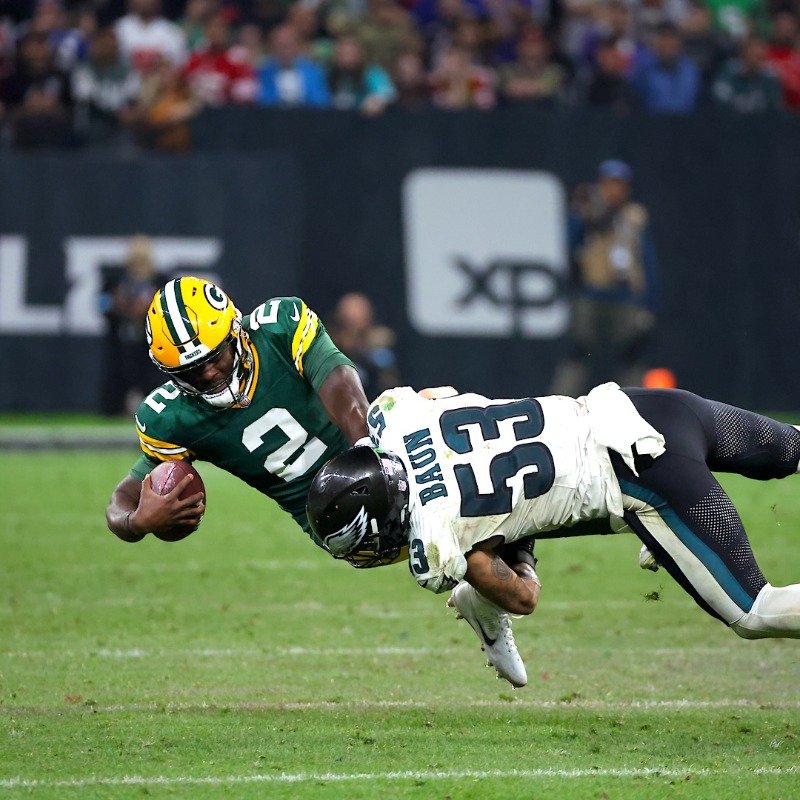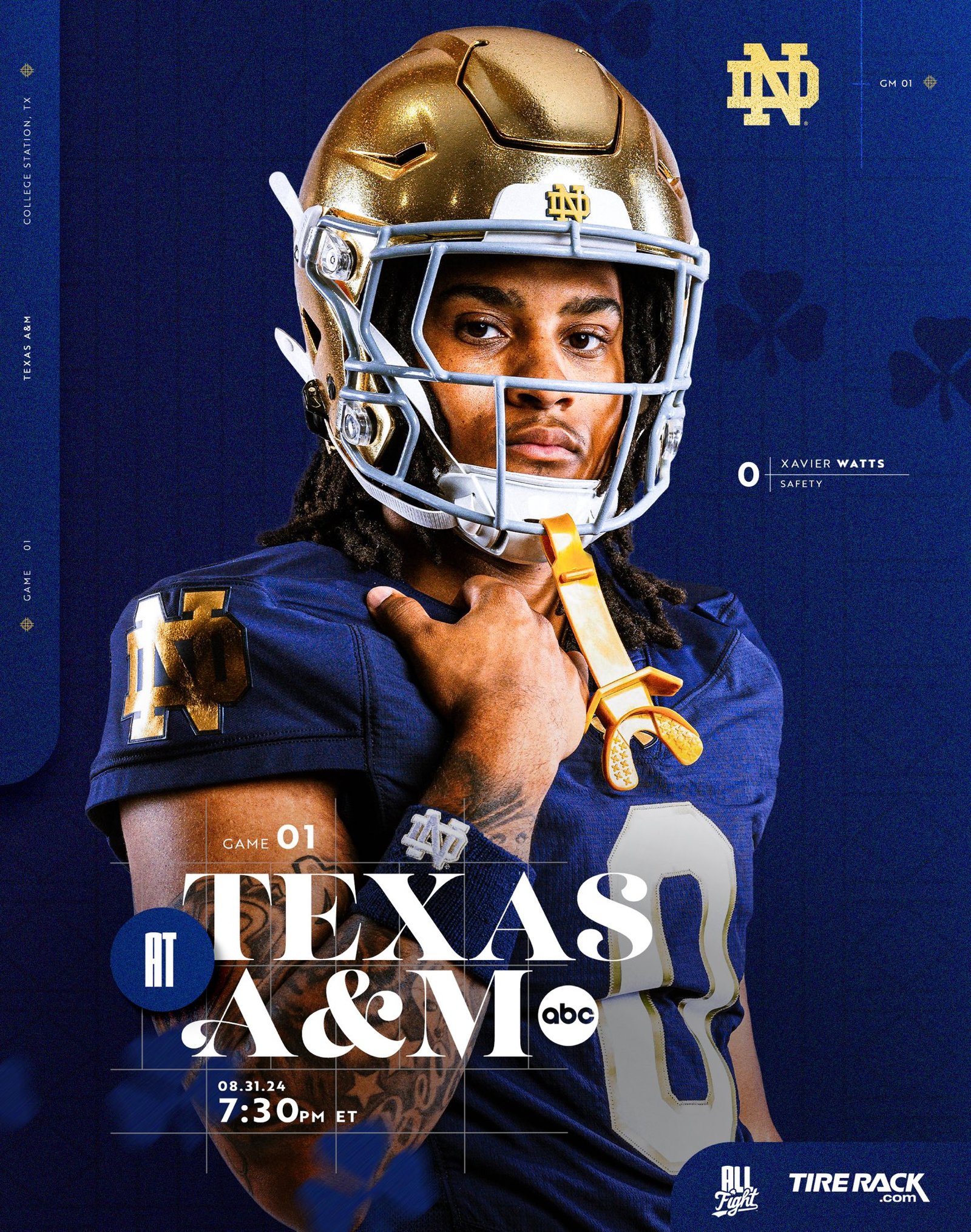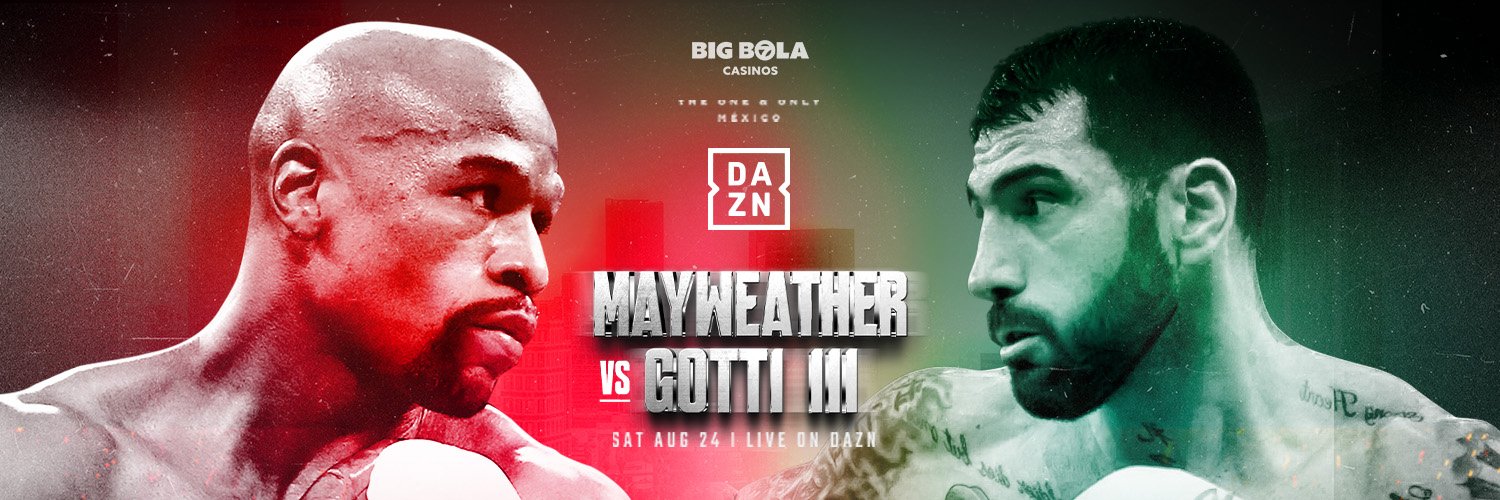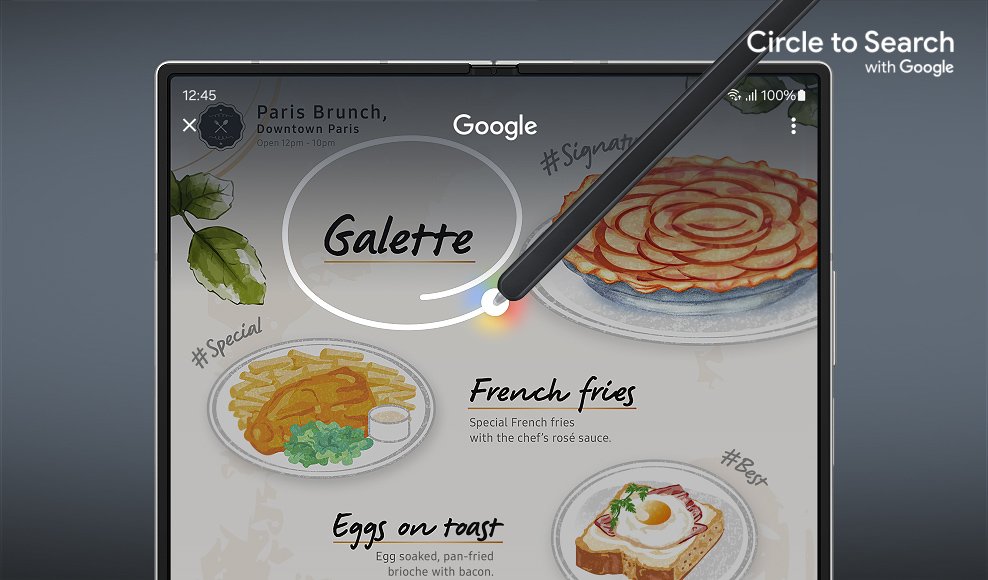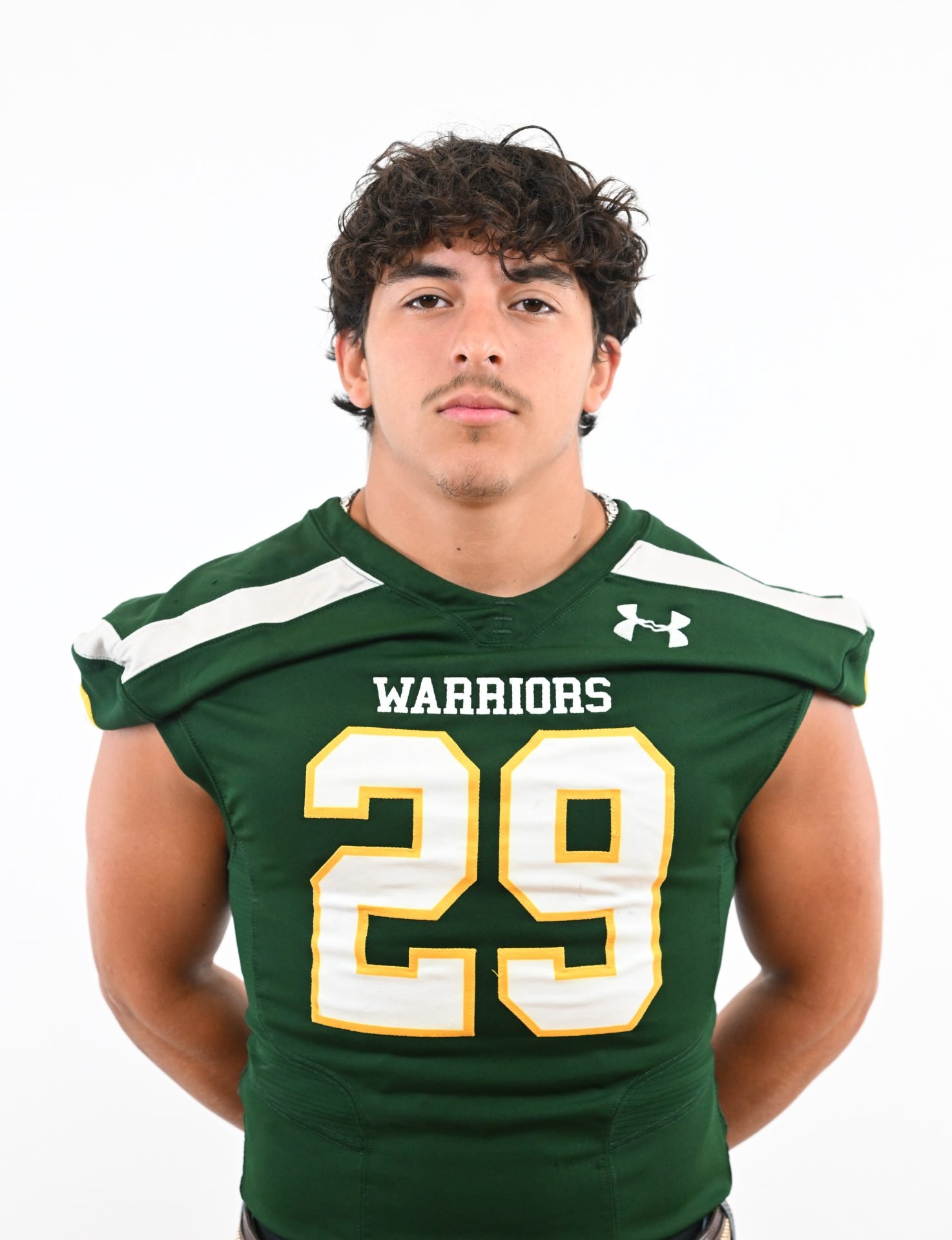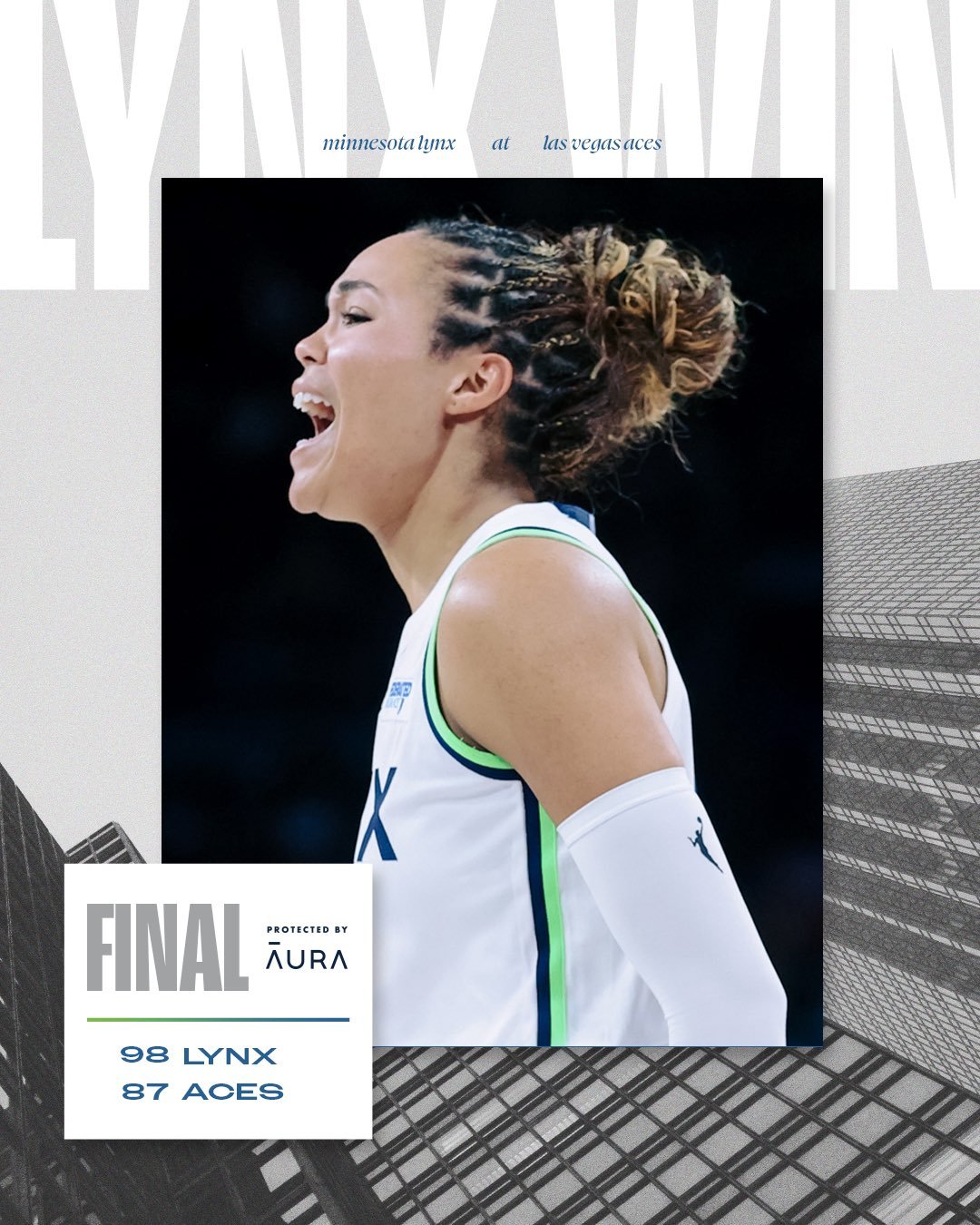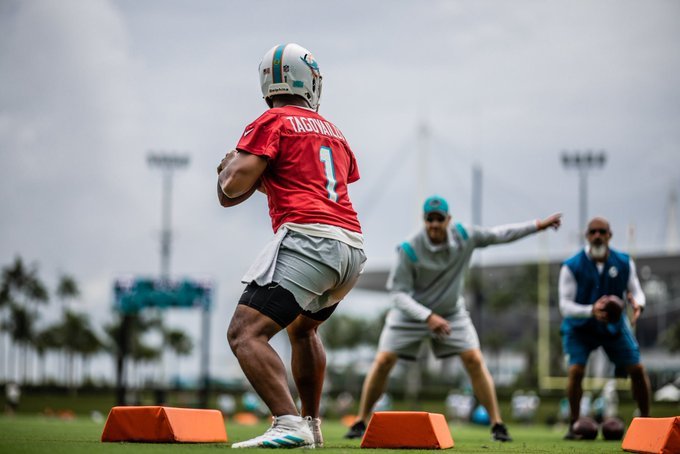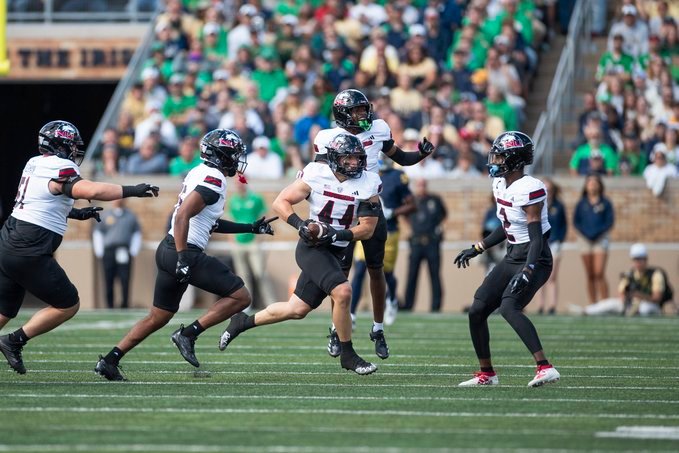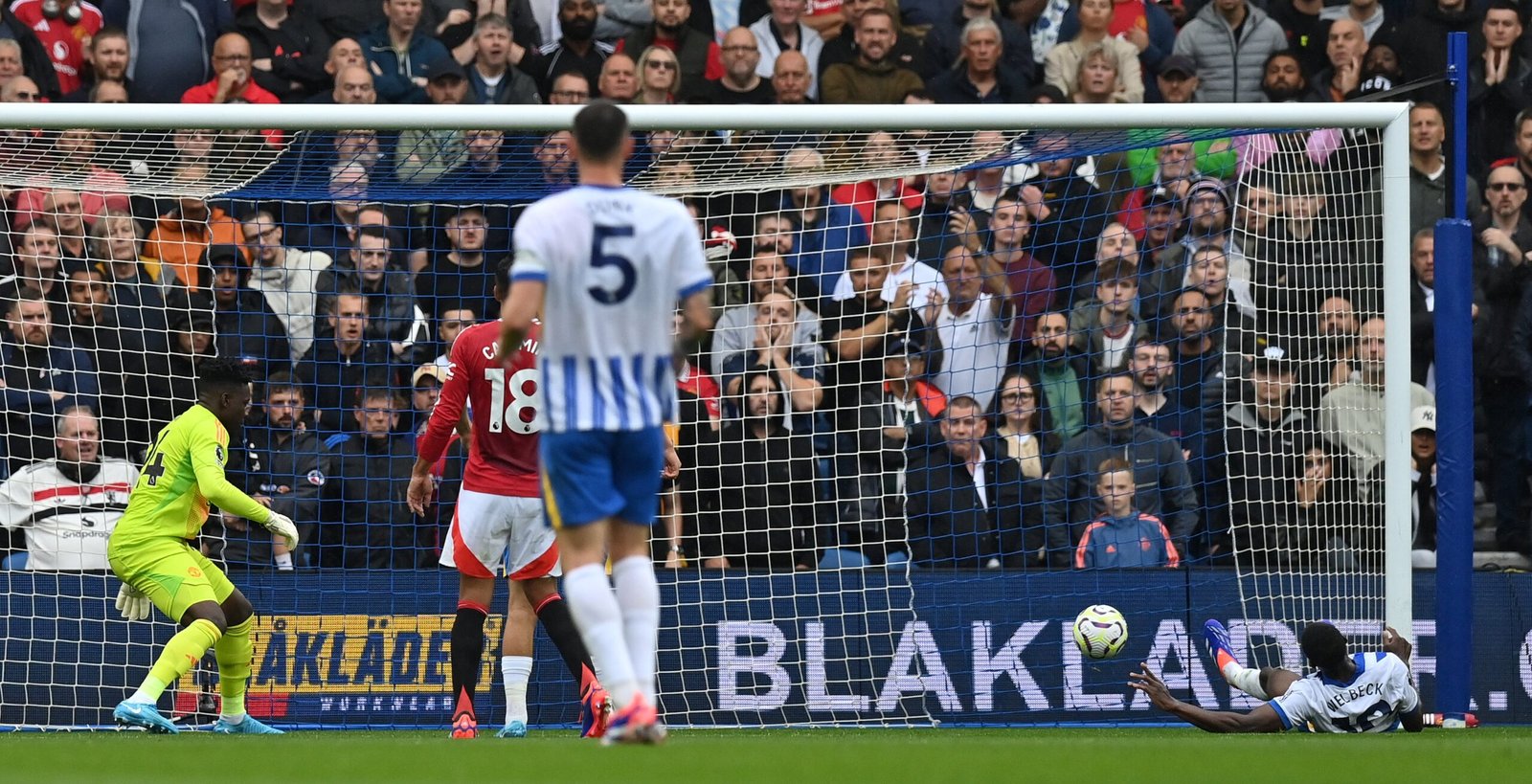Michael Oher’s lawsuit against the “Blind Side” family: Is it all a money fight? “I was defined by them.”

Salekin
Editor & Writer
Blind Side” lawsuit: Michael Oher’s fight for more than money
Introduction
As beautiful and inspiring as the story of “The Blind Side” looks on the movie screen, Michael Oher’s real life may not have been that simple. NFL star Michael Oher, whose book about his life and the Hollywood movie “The Blind Side” based on him made a deep impression on audiences, today sued the same family. This case is not just about money, but honor, identity, and a fight to find yourself. Let’s hear Oher’s story of this fight in his own words.
Tech News
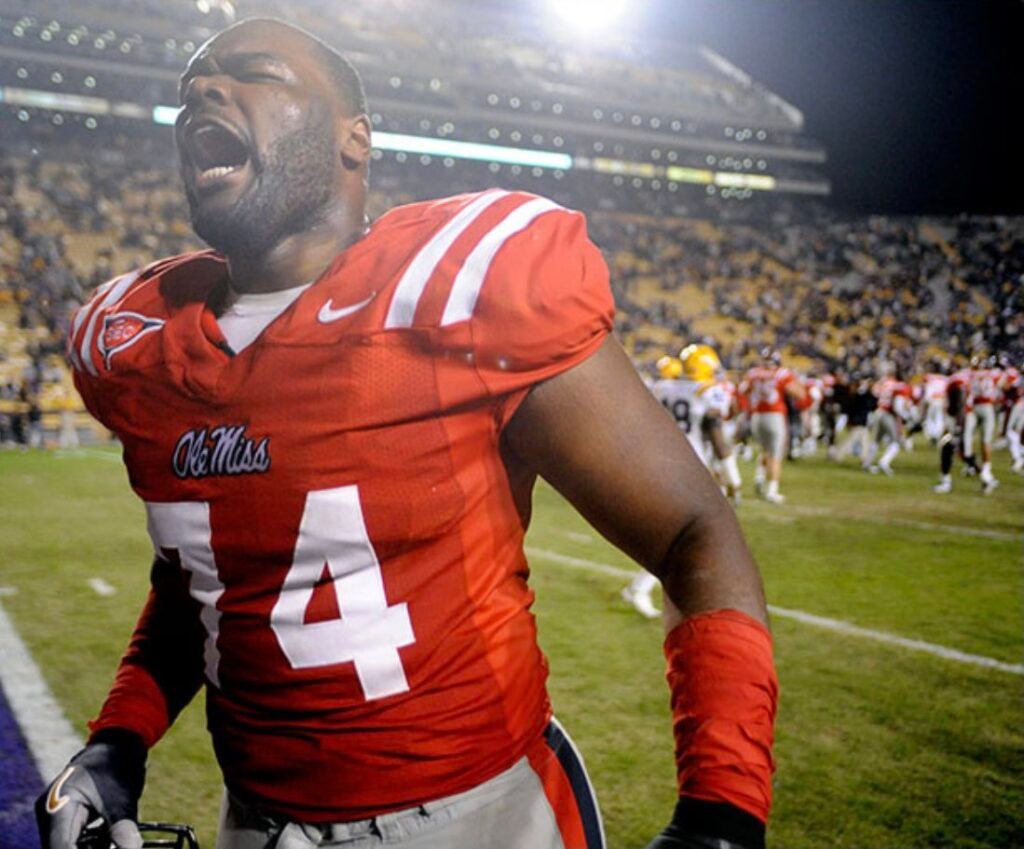
What is the real story?
Both the 2006 non-fiction work by Michael Lewis and the subsequent 2009 film adaptation featuring Sandra Bullock chronicle the inspiring journey of young football standout, Michael Oher. The story shows how a family in Tennessee, the Tuhy family, adopts a teenager who previously had to live in many Pflegefamilien. They help Oher on his way to becoming a professional soccer star.
In the book and movie, Oher is adopted by the Tuhi family at the age of 8. However, the reality was that he was subjected to a court-ordered conservatorship. A Tennessee court overturned the conservatorship in September 2023. But Oher claims the Toohey family made a lot of money using his image and name, and he wants a large portion of that money back.
Oher’s statement
“I was defined by them,” Oher said in an interview with The New York Times Magazine. He also said that his legal battle is not about money. He still has “millions of dollars” from his playing career and is not struggling financially. But he still suffers from those misconceptions that haunt him to this day.
Oher alleges that the film “The Blind Side” presented him in a negative light, impacting his draft position and resulting in significant financial losses.“From the moment I got to the NFL, I was cast in a mold,” he said.
Tuhi family reacts
The Toohey family responded to Oher’s lawsuit by accusing him of extortion via text message and told a Memphis newspaper they were “devastated.” They did not comment on The New York Times story.
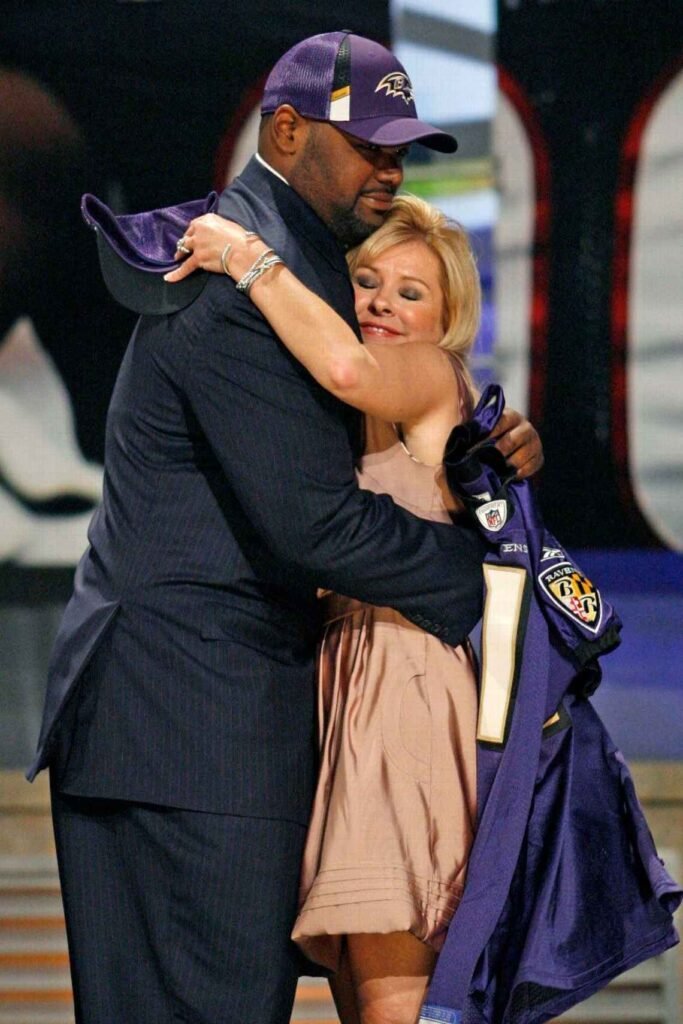
The basis of Oher’s claim
Oher claims that the Toohey family made a lot of money using his image and name. For example, the magazine noted that Leigh was able to earn thousands of dollars for lectures given about her as a result of Ann Oher’s patronage.
the end
Michael Oher’s case is not just about money, but honor, identity, and a fight to find yourself. Her fight may become an inspiration to many who want to reclaim their identity and rights.
Special Note: This article is fictional and not based on actual events or persons.
Do Not Forget To Share This Post
Recent News








